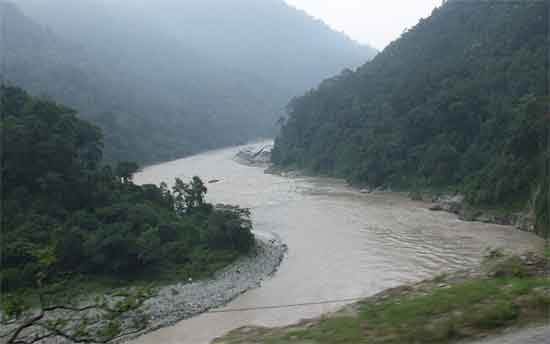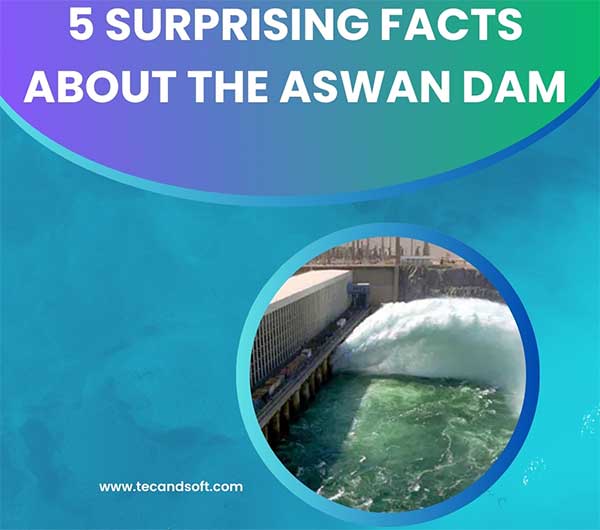
Teesta River is a highly sensitive issue for India and Bangladesh. Teesta water-sharing treaty had raised hope to 25 crore people of India and Bangladesh, but still, it has not been implemented due to political reasons. What is the solution to it?
Bangladesh is a revering country. West Bengal of India is also similar to this. Most of the countries of Southeast Asia are mainly agricultural and dependent on water. The usage of water is almost the same. So there is no way rather than sharing the common river water. In that case, the importance of cross-border Rivers is undeniable. There are 54 trans-border rivers between India and Bangladesh. Among them, India withholds the water of 43 common rivers, which is injustice in the neighbor country. Among 54, rivers, only the Ganga river water-sharing agreement was implemented in 1996, which is valid only for 30 years. Teesta river water-sharing agreement is equally important for north-east Bangladesh. But this agreement was not been able to be effective due to geo-political overdraw.
Why this did not happen, is very simple. According to West Bengal, ten million hectares of land of six districts of the North Bengal are dependent on the Teesta river water. Additionally, three hydropower project constructions are going on. Among them, one is in Sikkim. Incidentally, Teesta River flows to north-east Bangladesh through Sikkim. Therefore, if a controlled flow of water is not executed, the Calcutta port’s navigability can be reduced due to silt deposition. Bangladesh proposed for a 50:50 ratio of water-sharing in Gajoldoba. Though the Central Government of India accepted it, the State Government was not ready to accept. State Government’s approval is required for it. For this reason, despite finalization of the Teesta agreement, it has not seen the daylight yet.
According to, India based Global Think Tank if the distribution of Teesta River occurred economic development of both countries is possible by increasing the flow of Teesta water in the dry season through a joint investment project.
The problem is two countries are judging this controversial cross-border issue based on their own national perspectives. According to a company named Strategic Foresight, If Teesta agreement occurs; it is possible to utilize the water in the dry season by holding water during the rainy season. By cultivating drought-resistant crops, financial transformation can be brought in North Bengal and in north-east Bangladesh. India-Bangladesh River Commission should be very active in this case. Specialist says that the only way to solve this hydro-diplomacy is to recommend for a bilateral cooperation structure. If the bilateral level does not work, then it should go for the multilateral level. An integrated river basin guideline should be taken. India will have to take very responsibly for her geographical position.
The average temperature is rising due to climate change in the Himalayan Mountains. Monsoon is coming in late. Paddy's cultivation is facing the loss. River's basin is very dry. The underground water level is going down.
300 kilometer-long Teesta River flows to Bangladesh by Sikkim through West Bengal, and it was created from a glacier which is situated seven and a half thousand feet above the Himalayan. Many branch rivers are associated with Teesta. Rampo River empties into West Bengal-Sikkim border. Rangita River ends in Kalimpong-Darjeeling border. Teesta fell on the plains on Sebeka in north Shiliguri. There are some forest bunches on the hill slopes on both sides of the river. In the past, Teesta had three clauses. They were Korotoa, Atreyi, and Punarbhaba. These three trends give the combined name Trishrota. From there, the name of Teesta came. According to the experts, the landslide and earthquake risk has increased by the Teesta project. It has interrupted the balance of the environment. Its negative effects can be seen easily.





valor del viagra en farmacias ahumada viagra on sale online